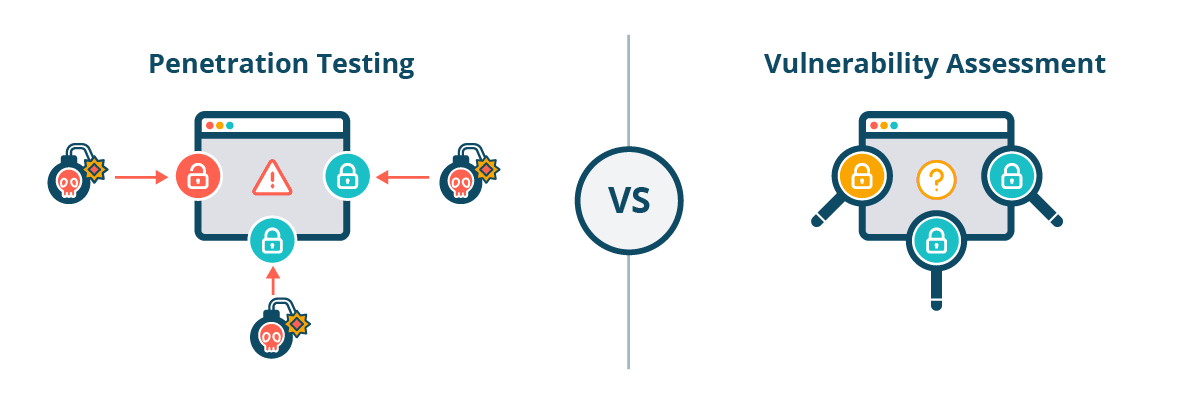Red Teaming
From phishing to network exploitation, our red team assessments give you the upper hand against opportunistic threat actors. Improve your cyber defence with scenario-based and multi-layered attack simulations, to reveal weaknesses you didn’t know existed. Our red teaming service includes tailored follow-up sessions to discuss the findings, as well as an in-depth workshop to prioritize remediation efforts, and level-up your security strategy.
About Ghost Labs
With a strong root in ethical hacking, all of our red team assessments are performed by Ghost Labs, our in-house team of ethical hackers. In a red team assessment, our experienced offensive security team will work with you to determine your crown jewels, and attempt to obtain them using adversarial Tools, Tactics, and Procedures. We will evaluate how your organization (blue team) holds up against different attack scenarios, and collect appropriate evidence for in-depth reporting.


Open Source Intelligence Gathering (OSINT)
Our OSINT specialist will gather data relating to a defined target or asset, and provide a risk analysis of their digital footprint.

Social Engineering
Our social engineering testing can include custom phishing emails, media baiting, and even physical penetration testing by obtaining access to your business premises.

Internal/External Network Exploitation
Our internal/external network assessment will exploit misconfigurations, and perimeter systems, in combination with other techniques, to pivot through the internal network and access sensitive data.
Red Teaming Certificates
- Certified Azure Red Team Professional (CARTP)
- Certified Information Systems Security Professional (CISSP)
- The Council for Registered Ethical Security Tester (CREST)
- Certified Red Team Professional (CRTP)
- Certified Red Team Operator (CRTO)
- eLearnSecurity Certified Professional Penetration Tester (eCPPT)
- eLearnSecurity Web Application Penetration Tester (eWPT)
- eLearnSecurity Web Application Penetration Tester eXtreme (eWPTX)
- Exploit Researcher and Advanced Penetration Tester (GXPN)
- OSSTMM Professional Security Tester (OPST)
- Offensive Security Certified Expert (OSCE)
- OffSec Certified Professional (OSCP)
- OffSec Web Expert (OSWE)
Frequently Asked Questions
A red team assessment is a goal-based adversarial activity performed by penetration testers to get an in-depth view of your organization from the perspective of a threat actor. The purpose of the assessment is to demonstrate how real-world attackers can combine exploits to steal your data and sensitive information.
Red Teaming places your organization’s security team close to a real security incident to test incident response. Penetration testers, on the other hand, are more geared towards identifying existing vulnerabilities, and applying a more general or holistic approach to testing.
The goal of red teaming is to improve your security by highlighting weaknesses in security processes and procedures. Red teaming drives decision-making on strategy and budget via specific, actionable, and in-depth findings.
Any security conscious business, especially one that adheres to local and industry regulations and compliance standards, can benefit from red teaming.
Red teams are offensive security professionals who are experts in attacking systems and breaking defenses. Blue teams are defensive security professionals responsible for maintaining the internal network against all cyber attacks and threats.
Success Stories
We helped Iceland’s largest bank address security threats and learn how existing vulnerabilities could be both exploited and mitigated.
Get a Quote
Please fill in your information to get in touch with our security experts. All fields are mandatory.


